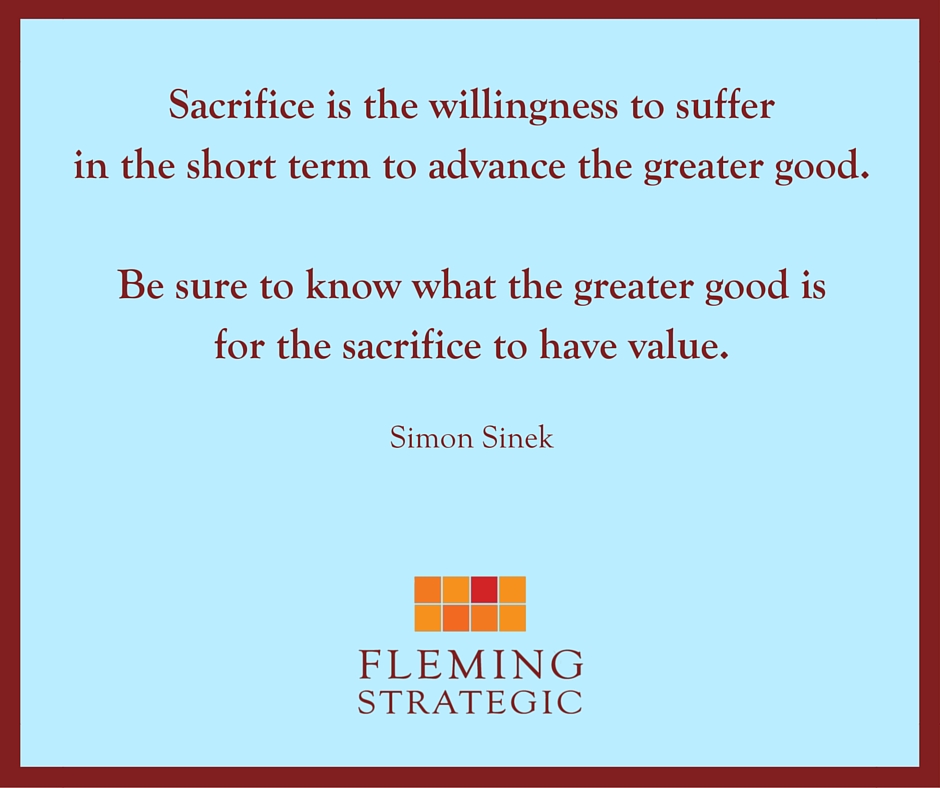Why be LESS productive?
This weekend, I opened an email and read a list of 10 tested, proven ways to become less productive. Nobody wants to be less productive, but it just happens some days, right?
Problem is, as I read the list I realized that it’s like a checklist of problems that prevent lawyers from succeeding in business development—or really, anything else. Nobody wants to fail (especially while working to succeed) but these ten behaviors will undermine productivity. Of these ten, the most common that I hear are:
- Spend more time planning than doing: creating and honing a business development plan can be a great way to avoid ever taking action.
- Pack your schedule: being busy is an alarmingly easy way to push business development tasks to the back burner.
- Work on autopilot: reacting to demands rather than setting a plan and sticking to it absent an emergency is a great way to feel needed and productive, but you may be accomplishing the less important things while leaving your true priorities behind.
If you’re feeling less productive than you’d like when it comes to business development (or to any other priority in your life), check this list to identify the likely reasons… And then do the opposite.


